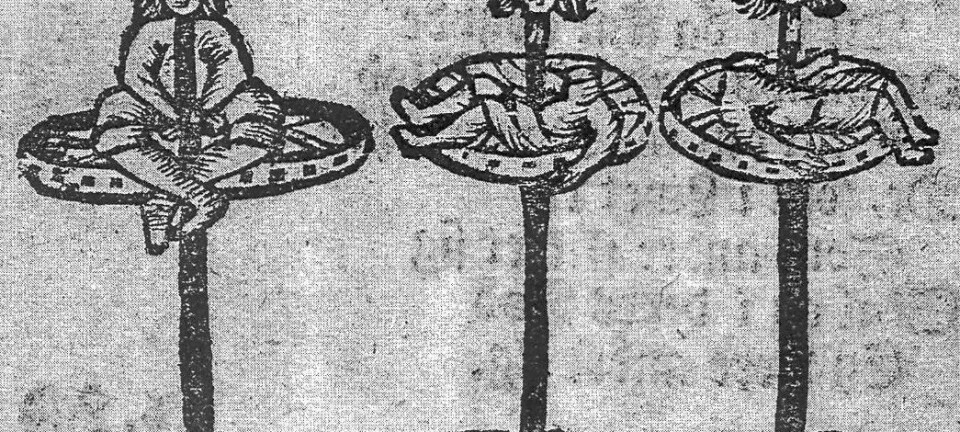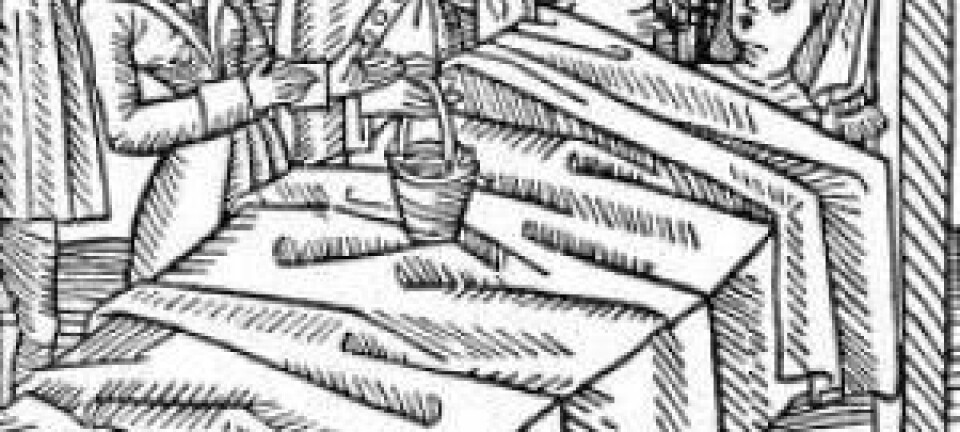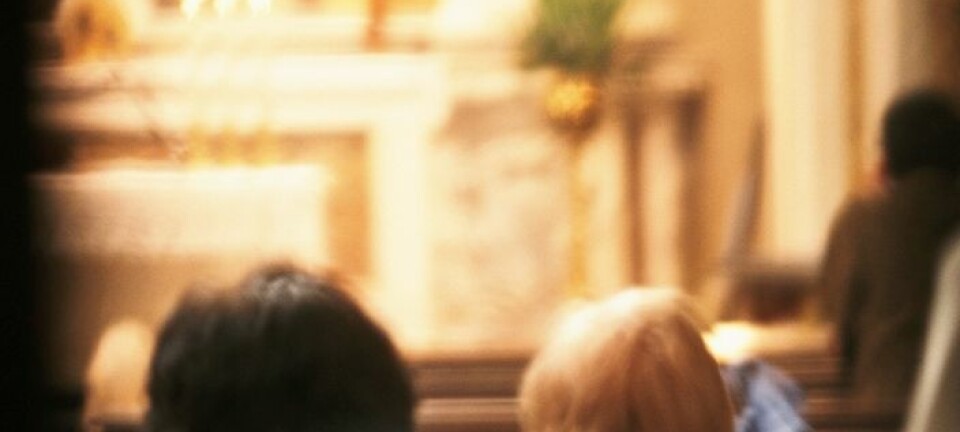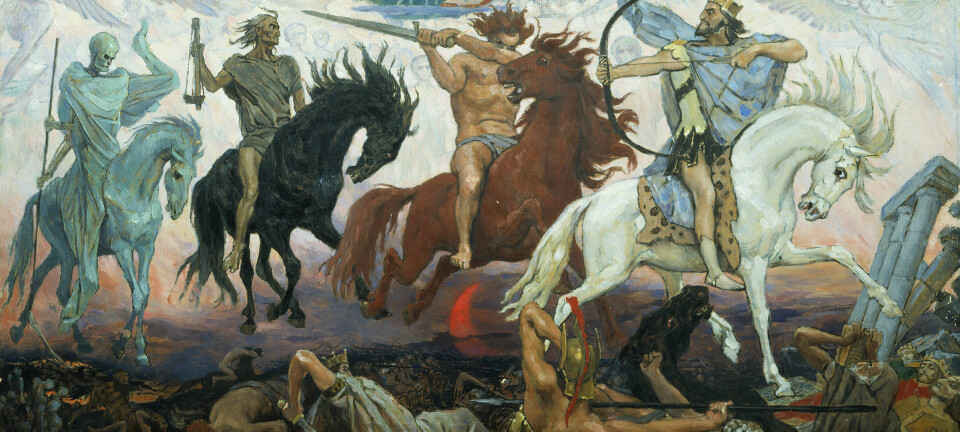
Protestantism has left us utterly confused
Protestant Christianity takes the blame for many people's doubts about who they are. This is the conclusion of a new dissertation, which examines the existential consequences of the Protestant tradition.
Hannah sees her coach every Monday and Thursday. The coach asks questions that make her think carefully about who she really is – because she would like to know herself.
Hannah does not consider herself a Christian, so it has never crossed her mind that Christianity may actually be the reason why she’s having difficulty in finding out who she is.
Protestant Christianity, if a new PhD dissertation is to be believed, has fragmented so much of the framework within which life was lived in former times, that today we are utterly confused because we have so few rules for living life.
We have become plagued with increasing doubts about who we are.
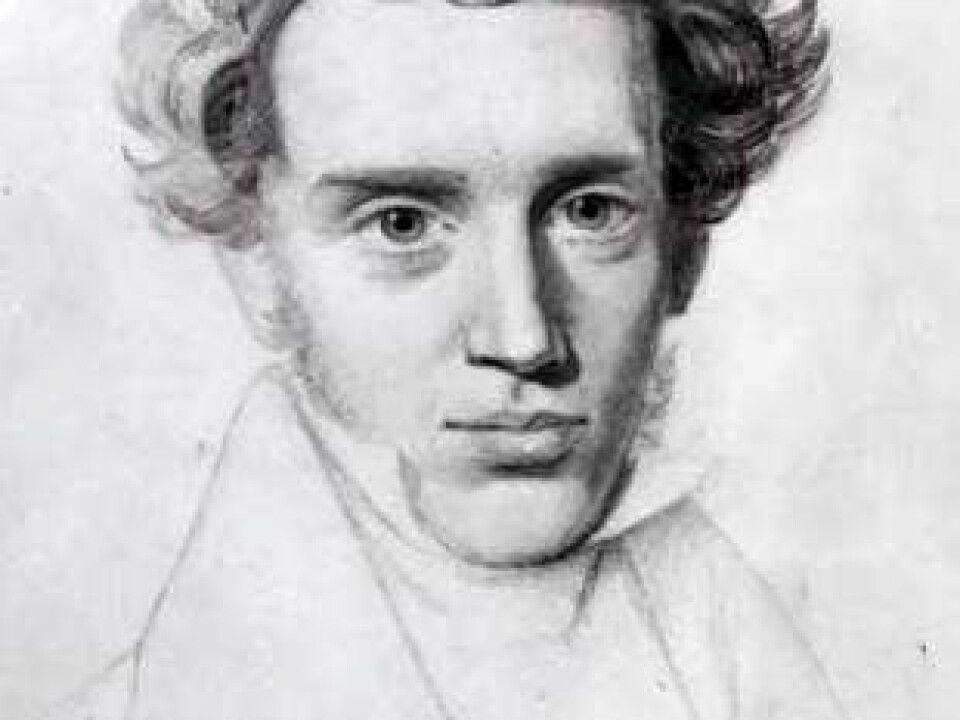
"It all sounds very sad. But on the other hand, it is good that the Protestant tradition tells us something about what we should do instead of us having to search for who we are," says Matias Møl Dalsgaard, who has a PhD in philosophy from Aarhus University, and whose dissertation 'The Protestant Self' has just been published as a book.
Lutheran Protestants are free from religiosity
For centuries, Lutheran Protestant Christianity in Northern Europe and the US taught our ancestors that there was nothing they could do to make God think better of them. Neither good deeds nor giving money to the church was seen as having importance in the eyes of God.
"For Protestants, life can be good just as it is. Life does not have to be lived in any particular ’religious’ way in order to have a good relationship with God," says Dalsgaard.
Protestants are free from obligations to God. They don't have to live according to strict rules. Instead they have been charged with a rather nebulous task.
Protestants are commanded to live an ordinary life together with other people. It is a tough task because Protestants are not told specifically how to do this.
"Protestants are commanded to live an ordinary life together with other people. It is a tough task because Protestants are not told specifically how to do this," says Dalsgaard.
'Protestant' countries have a culture of freedom
Throughout history, Protestant Christians have tried to manage their freedom in the best possible way. Over time, this has permeated the culture in countries that subscribe to the Protestant tradition, even though Christianity has gradually slipped into the background.
In Denmark, Sweden, the UK and Germany, this freedom meant that around 500 years ago, citizens started to become what is termed 'modern'. It occurred after the Reformation in Northern Europe in the first half of the 16th century.
In this context, 'modern' has nothing to do with fashion, but means that people feel more free to make their own decisions without causing others to react negatively to those decisions.
"One could go as far as to say that the Protestant tradition squeezes out religion, because it rejects the idea that something holy exists here on Earth," says the researcher.
Kierkegaard furnishes a good example
Dalsgaard's 'The Protestant Self' examines how the Protestant tradition views being an individual – and what individuals should do to live their lives in the right way.
The author has analysed a large number of the most significant Christian texts. But the most important writer referred to in his book is the Danish philosopher Søren Kierkegaard.
"Kierkegaard is perhaps the sharpest existential analyst in the Lutheran Protestant tradition. He is the one who best presents the existential challenges, conflicts and opportunities. That is why I use him as a starting point," he says.
You shall not know yourself
Kierkegaard describes the situation in which modern people find themselves today. In his book 'Either/Or', Kierkegaard introduces a person whom he calls ’the aesthete’. This is a man who cannot find a way to 'choose himself'.
Kierkegaard criticises the aesthete for not choosing himself. Instead, he avoids himself by constantly acting out multiple roles.
But although you should ’choose yourself’, there is no prescription for what to choose, because you cannot find a core that is yourself.
"The Delphic Oracle – which existed in Ancient Greece – said 'know thyself'. But Kierkegaard says 'choose yourself' – it is action-oriented. You should actively be the one you are, where you are – and not think so much about who you are. This is a task given to us by God," says Dalsgaard.
No wonder it’s confusing
It is hardly surprising that people get confused trying to comprehend Kierkegaard's point. It is paradoxical that you should be what you are, without ever fully knowing who you are.
It is this paradox that characterises modern man, says the researcher.
"There is a complexity in being a human. You are something specific – something closed – which is you and your life that you cannot escape from. But what you are is not determined once and for all – there is something open."
As modern heirs of the Protestant tradition, we have to learn to live with this paradox.
"Coaching is about receiving help to tell a story that has meaning to you. You are helped to make a coherent CV, so to speak, which you can be proud to show to others," says Dalsgaard.
"But the Protestant tradition says that the task is not to know yourself, but to want yourself – to want your life together with others."
---------------------------
Read this story in Danish at videnskab.dk
Translated by: Nigel Mander
